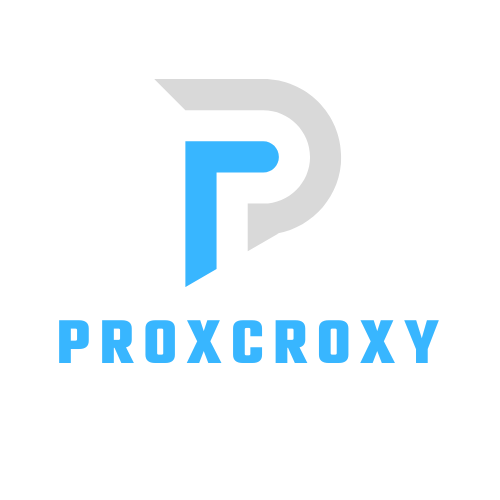Overview of Digital Products
In the evolving digital era, digital products pervade every aspect of daily life. They redefine how people connect, create, entertain, and learn. This segment delves deeper into the landscape of digital products, offering an overview of their scope and varieties in the present context.
A ‘digital product’, although inherently intangible, tangibly influences everyday activities. It’s a software or online service, hundreds of which exist on the Internet. Digital products come encased in diverse formats like apps, e-books, games, online courses, or music tracks.

However, their scope isn’t just confined to these formats. In the digital realm, the term ‘product’ is a broad-based concept, encapsulating all web-based solutions that solve a problem or fulfill a requirement.
In practical terms, digital products have no physical presence and are deliverable via the Internet. The realm and reach of these products encompass all digital interfaces, be it computers, smartphones, or smart devices. Although digital products don’t necessitate shipping or storage, it’s paramount that these are consistently upgraded and maintained to ensure optimal functionality and user experience.
List of Digital Products
The categories of digital products are as intricate as the digital sphere itself. A full-blown overview can’t but touch upon some critical categories:

- E-books: Digitized versions of print books, or originally digital publications.
- Software Applications: These include various software programs and mobile apps.
- Digital Music: Digitized sound recordings, including songs, podcast episodes, or audiobooks.
- Online Courses: Virtual learning resources catering to a diverse range of subjects.
- Digital Art: Art created or digitally enhanced on computer software.
- Stock Photos: Digital images licensed for business or personal use.
- Web Based Services: These incorporate different types of services provided over the internet.
Each category traverses numerous subcategories, making the domain of digital products an expansive and dynamic landscape. The categories listed denote only a fraction of the digital product framework, as the sphere consistently expands and evolves with the perpetual advancement of digital technology. These products substantially underscore and facilitate the way humans interact, engage, and function in the digital era.
Popular Digital Products in Various Industries
Various industries have adopted digital components, integrating them as indispensable aspects of their infrastructure. These sectors have a vast range of digital products designed to meet their specific requirements.
Software Solutions
Industry-specific software solutions revolutionize routine processes, boosting productivity, and streamlining tasks. For instance, Customer Relationship Management (CRM) tools like Salesforce allow businesses to manage interactions with potential and current customers.

Medical professionals benefit from Electronic Health Record software, such as Epic Systems, providing a centralized record management system for patient data.
Autodesk’s AutoCAD, a digital product popular in construction and design industries, enables architects and designers to envision and plan projects effectively.
Digital Media and Entertainment
The Digital Media and Entertainment sector thrives off digital products, demonstrating the wide-reaching influence of the digital revolution. Netflix and Spotify serve as primordial examples, offering a platform for streaming film and music, respectively.
Adobe Creative Cloud encompasses a suite of applications and services for creatives including Photoshop for image editing and Illustrator for vector graphics. Epic Games’ Fortnite represents an impactful digital product in the gaming industry, exemplifying the potential of digital game distribution.
Educational Products
Digital Educational Products have altered the delivery and reception of knowledge, enabling learning opportunities beyond traditional classrooms. Khan Academy, Coursera, and Udemy outline the digital product landscape in the education industry, offering a diverse array of courses in numerous fields of study.
Pearson’s digital textbooks and Google Classroom illustrate further contributions to the industry, providing a platform for assignment distribution, grading, and feedback, catering to the evolving needs of educators and learners.

